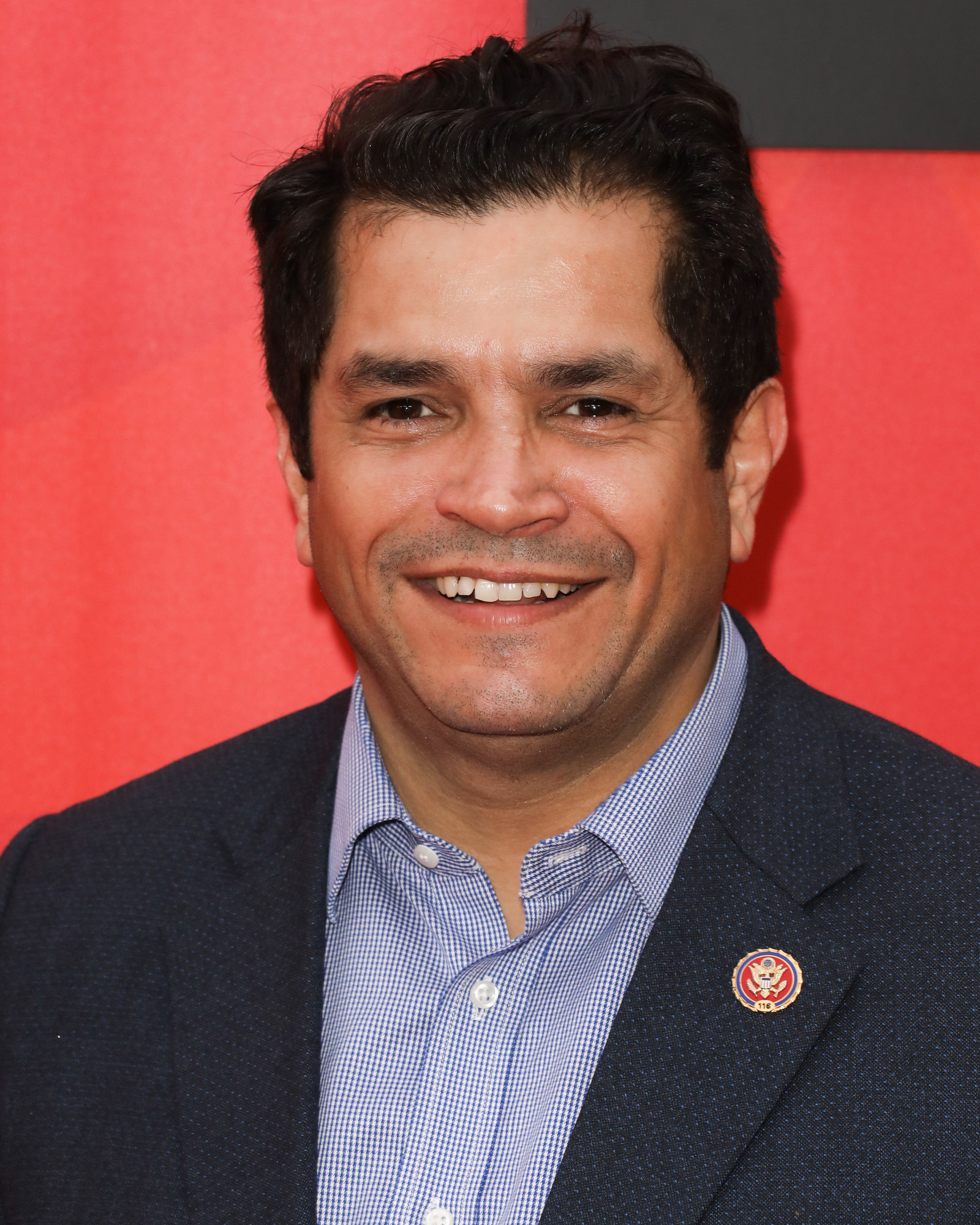
Concerns for minorities remain regarding the census
While the citizenship question will not appear on the census, multiple Congress people are worried about the lingering effects of the year-long battle of having the question added onto the questionnaire.
The House Committee on Oversight and Government Reform held a hearing entitled “Beyond the Citizenship Question: Repairing the Damage and Preparing to Count ‘We the People’ in 2020.”
In his opening remarks, Raskin noted, “Although the move to impose the citizenship question has been rejected by the courts as arbitrary and capricious, I fear that it may still be endangering an accurate count in 2020. I’m eager to hear about the aggressive steps that the bureau can take and is taking to repair the damage caused by this ill-considered campaign.”
He continued, “Some communities, including communities of immigrants and people of color, are chronically under-counted, they then do not receive their fair share of government resources and everything from federal and state representation to Medicaid and Head Start.”
Raskin also stated that according to the U.S. Census Bureau’s own studies, “distrust of the government imperils a good count.”
“Among communities of color, 41 percent of Asian Americans, 35 percent of African-Americans, and 32 percent of Hispanics, are very concerned about the census being used against them,” Raskin also said. “Similarly, 39 percent who are not English proficient and 34 percent of those born outside the US are afraid to respond in the census.”
“While the citizenship question is over, I believe the ramifications of the question still remain. Fear and confusion in our communities still exists and we must make ensure that millions of Americans - rich and poor, citizen and immigrant - are counted. Historically, communities of color and immigrant communities have been undercounted, while non-Hispanic whites have had a higher count.”
Gomez said his district, California’s 34th, is “one of the most diverse districts in the country.”
California’s 34th District is 65 percent Hispanic, according to the most recent census.
It includes parts of Central and East Los Angeles.
Gomez said that 42 percent of his district was considered hard to count.
Gomez said he feared that a push to digitize the process would leave behind underserved members of his community who aren’t comfortable doing things on-line.
“Although it will have some positive impact, I’m also concerned about hard to count communities. For the 2020 census, the census bureau is pushing 80 percent of the people to respond on-line, with only 20 percent of communities receiving a paper form as their first option,” Gomez said, “but 35 percent of US adults don’t have access to reliable internet in their homes, including 53 percent of Latinos and 43 of African-American communities. In my district alone, one quarter of my district’s households have no access to the internet.”
The Director of the Census Bureau, Steve Dillingham, testified at the hearing and he disputed that the Census Bureau was trying to reach 80 percent on-line response rate.
“The 80 percent figure, I apologize, I’ve never heard before and we don’t use the 80 percent figure.” Dillingham noted in his response to Gomez.
CONTENIDO RELACIONADO
He said the Census Bureau was shooting for 60 percent on-line response rate.
He also noted in his response, “Our language assistance will reach 99.6 percent of the population and in those areas where there is a substantial Hispanic community, they will be in those two languages: English and Spanish.”
Dillingham told Gomez that everyone will get a paper census, and in the communities considered hard to count, the paper census would be sent twice.
Her district includes Boston.
“We see that undercount resulting in really stark disparities and inequities in the district. Plainly, if you aren’t counted, you don’t count, and there are so many communities from the LGBT communities to renters, who are unseen and uncounted,” Pressley said during her question and answer period.
This is not a new sentiment.
Stacie De Armas is Vice President of Strategic Initiatives and Consumer Engagement at the Nielsen Corporation and she spoke at the Hispanic Leadership Summit in Chicago in April 2019, an event covered by AL DÍA.
Her speech focused on the importance of census data to businesses like Nielsen.
“The business implication will equally hurt our community and our businesses and, frankly, American economic progress.” De Armas stated in April. “When we are not counted, our voices, our opinions, our preferences, our accomplishments, and our challenges aren’t counted either.”
In May, the CHC sent a letter to Commerce Secretary Wilbur Ross. The Census Bureau is a part of the Department of Commerce.
The letter stated in part, “On behalf of the Congressional Hispanic Caucus, we write to express our deep concerns regarding the 2020 Census. With the inclusion of a citizenship question and the unresolved issues from the 2010 Census, the response rates from our communities will suffer and have devastating and long-lasting consequences. As you know, the census questionnaire is vital to ensure accurate representation and allocation of resources in our communities for the next decade. Census data is used to reapportion seats in the House of Representatives, to realign congressional districts, and is a factor in the formulas that are used to distribute hundreds of billions of dollars in federal funds each year to state and local communities. Additionally, businesses and organizations base their financial decisions on census data.”










DEJE UN COMENTARIO:
¡Únete a la discusión! Deja un comentario.